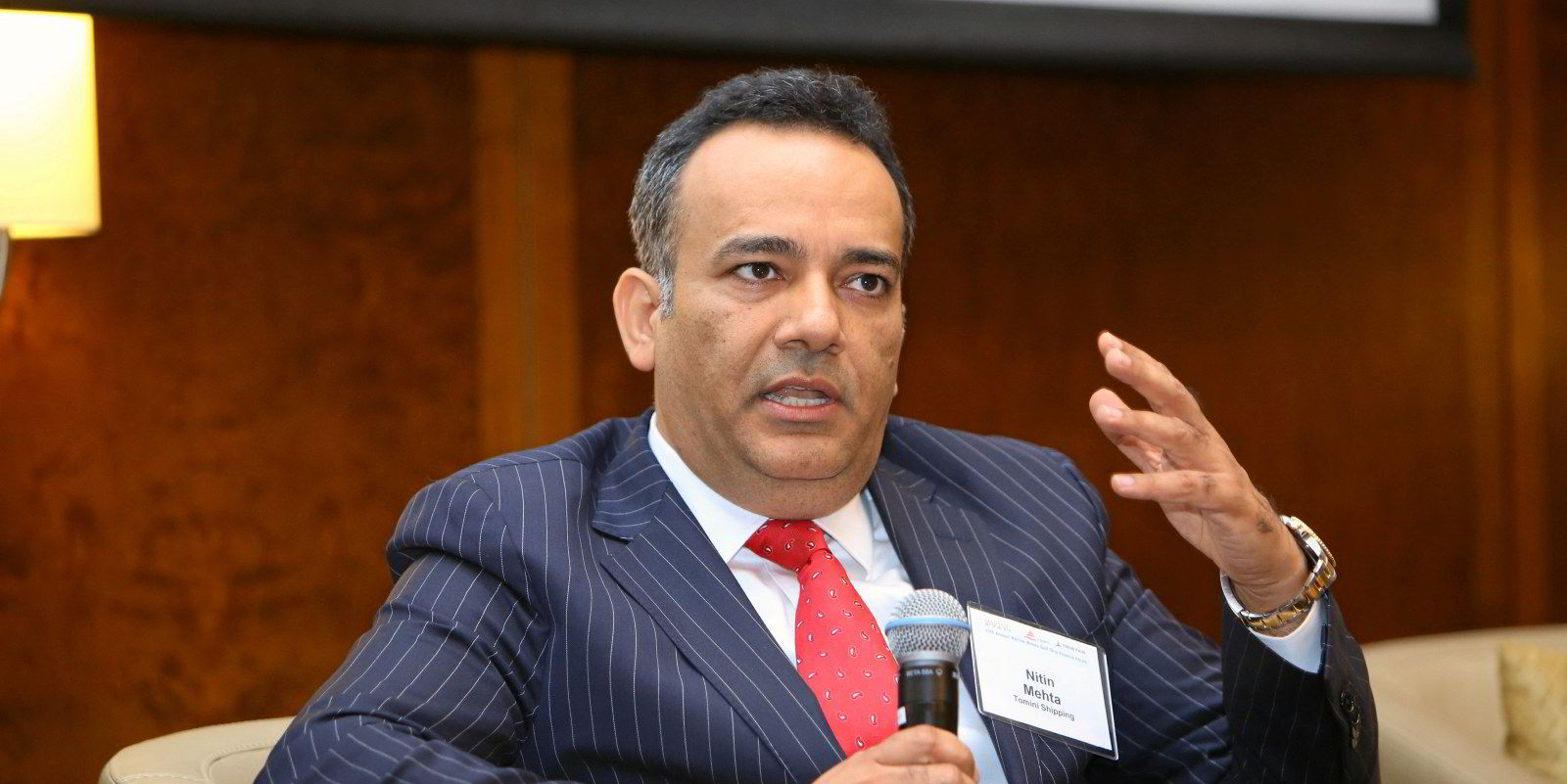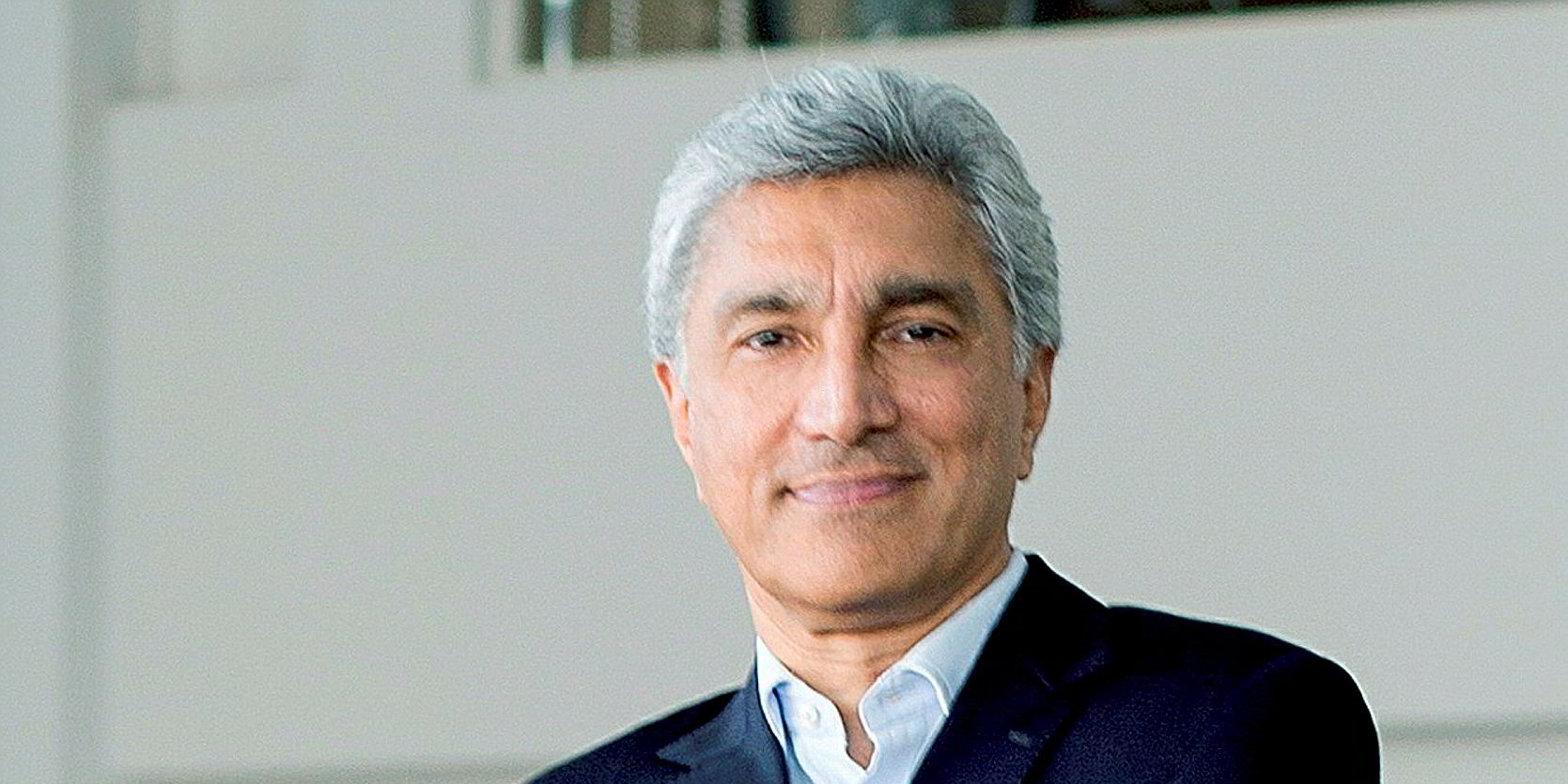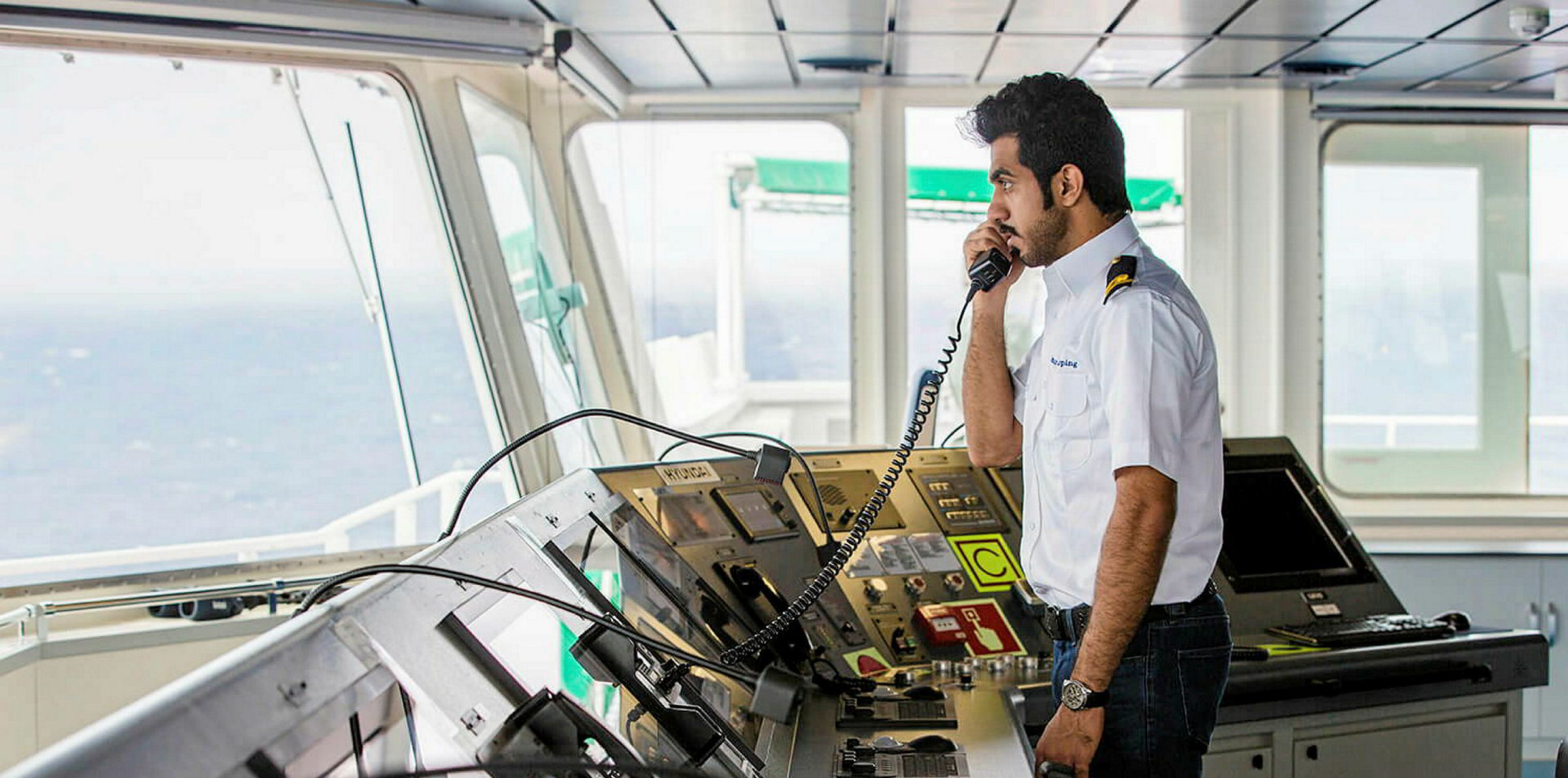Faced with a lack of financing avenues at home, and with European banks largely absent, some Middle Eastern shipowners are coming up with alternative financing solutions.
Many of these solutions are being found in Asia.
Dry bulk player Tomini Shipping is one such company that has had success funding its newbuildings through Asian financial channels.
Chief executive Nitin Mehta — a former shipping banker — credits Tomini’s conservative approach to borrowing as one of the reasons it has been able to easily arrange financing in China.
He said Tomini casts a fairly wide net when it seeks financing for newbuildings, which is possible to do despite the longer time frame as the need is not as time sensitive as it is with secondhand purchases.
Several recent Tomini newbuildings were financed through Chinese leasing companies, which Mehta described as cheaper and easier to deal with than regular banks.
He said Chinese lessors have scaled back their business in recent months, but conventional Chinese banks are still open to lending.
He described these banks as being “quite flexible”.
“We get very attractive rates from China,” he said. “Because we use our own cash to fund a large portion of a ship, we only ask for between 50% and 60%. Anything more works against you in China.”
Tomini has also recently obtained a funding line from a Taiwanese lender.
Different packages for different ships

Similarly, Michael Jorgensen, chief financial officer at Oman Shipping Co (OSC), said his company had tried a variety of financial products, which has played out well due to the diversified nature of its fleet.
“Different ships work better with different financing packages,” he said.
Jorgensen added that OSC has managed to fund eight bulkers and three VLCC newbuildings despite tight regional liquidity.
Joachim Skorge, DNB Markets’ managing director and regional head of Asia-Pacific, believes there are more funding opportunities available for Middle Eastern owners in the alternative capital and direct lending markets.
“We see in the Middle East a lot of quality companies that are suitable for the alternative markets,” he said.
“Shipping is still lagging from an investor perspective, but we do see more investors looking at value opportunities in the shipping and energy sectors.”






